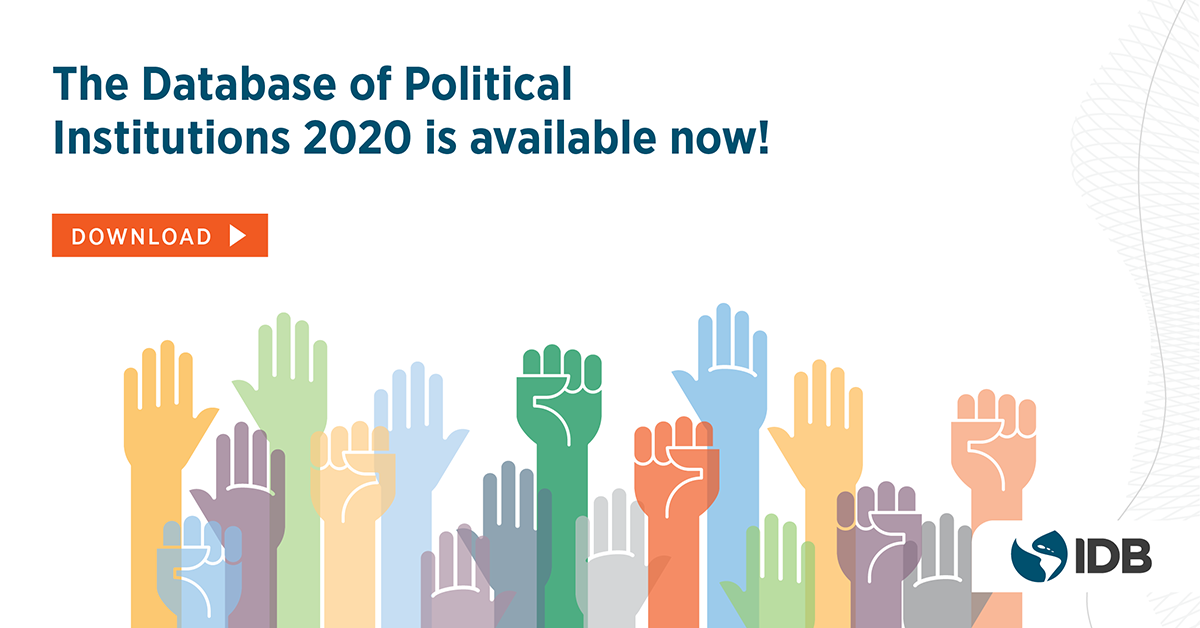
Since Argentina adopted the world’s first gender quota for a national legislature in 1991, gender quotas have become the norm for legislative positions in virtually all of Latin America. Women, meanwhile, have gained political visibility. Today, the region holds five of the top ten countries globally in terms of female representation at the national legislative level, with women occupying just over half of the seats in the national parliaments of Cuba and Bolivia and just under half in those of Nicaragua, Costa Rica and Mexico.
While gender quotas help redress political underrepresentation on paper, however, they don’t necessarily translate into the enactment of more pro-female agendas or even greater political power for women. Cultural, institutional and other factors, including the placement of women on party lists or the exclusion of women from top committee assignments, can hamper female influence and block female ascendance.
A New Version of an Important Database
Still, as revealed in the new version of the Database of Political Institutions (DPI), women have become far more numerically represented in the region’s legislatures. This can be seen in variables on gender quotas in the DPI, which illuminates broad institutional trends in 180 countries, including more than 100 variables relevant to government capacity.
Today, 121 countries have some form of gender quota at the legislative level, with only 29 of those – mostly in Western Europe — voluntary. The most common form requires a minimum number of female candidates on party ballots, a rule that is in place in 62 countries. This is particularly popular in Africa (18) and in Latin America (17). The most binding quota, which actually reserves seats for women in the national legislature, is in place in a total of 30 countries and particularly popular in Africa, where 15 countries currently employ it.
The Virtues of Gender Quotas
Do quotas work? They DOincrease the numbers of women in office across different political contexts—in various developing countries as well as in more established democracies such as Italy or Sweden. In part as a result of quotas, women now hold more than 30% of legislative seats in Latin America and the Caribbean, just as they do in Europe and North America. Quotas, moreover, can be especially effective when accompanied by mechanisms for implementation, and when they are required rather than voluntary.
At the same time, the downstream effects of quotas on women’s representation in politics are unclear. Research in India, for example, suggests that quotas for village council positions boost female leadership and reduce discrimination and have led to greater investment in things women care about, like water, sanitation, education and health. In Latin America, voters increasingly choose women as mayors and city council members, and women increasingly ascend to the cabinet and presidency (six female presidents since 1990). Legislative quotas — and the greater visibility of women on the national stage — could possibly be helping to erase some of the old prejudices.
Even so, the increases in the number of women holding legislative seats don’t automatically boost women’s political power and influence. A study in Catalonia, shows that even quotas within political parties don’t necessarily translate into real power. And another in Argentina reveals that women must collaborate to overcome barriers blocking them from important appointments and leadership posts in legislative committees. Indeed, while the numerical increase in female representation in Latin American legislatures and the rise to power of female presidents can encourage more women to enter politics and has resulted in some important advances, like the passage of domestic violence legislation, there is much work to be done.
The new gender quota variable in the latest Database of Political Institutions is a good point of departure. It shows not only how quotas differ in form, but also the variations and patterns in the administration of quotas in different regions. These reflect different efforts to make political spaces more inclusive and provide a first step to understanding the effects of these rules in changing the political landscape.



Leave a Reply